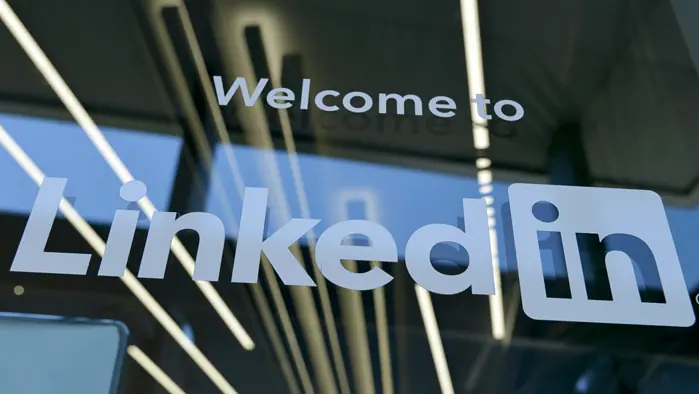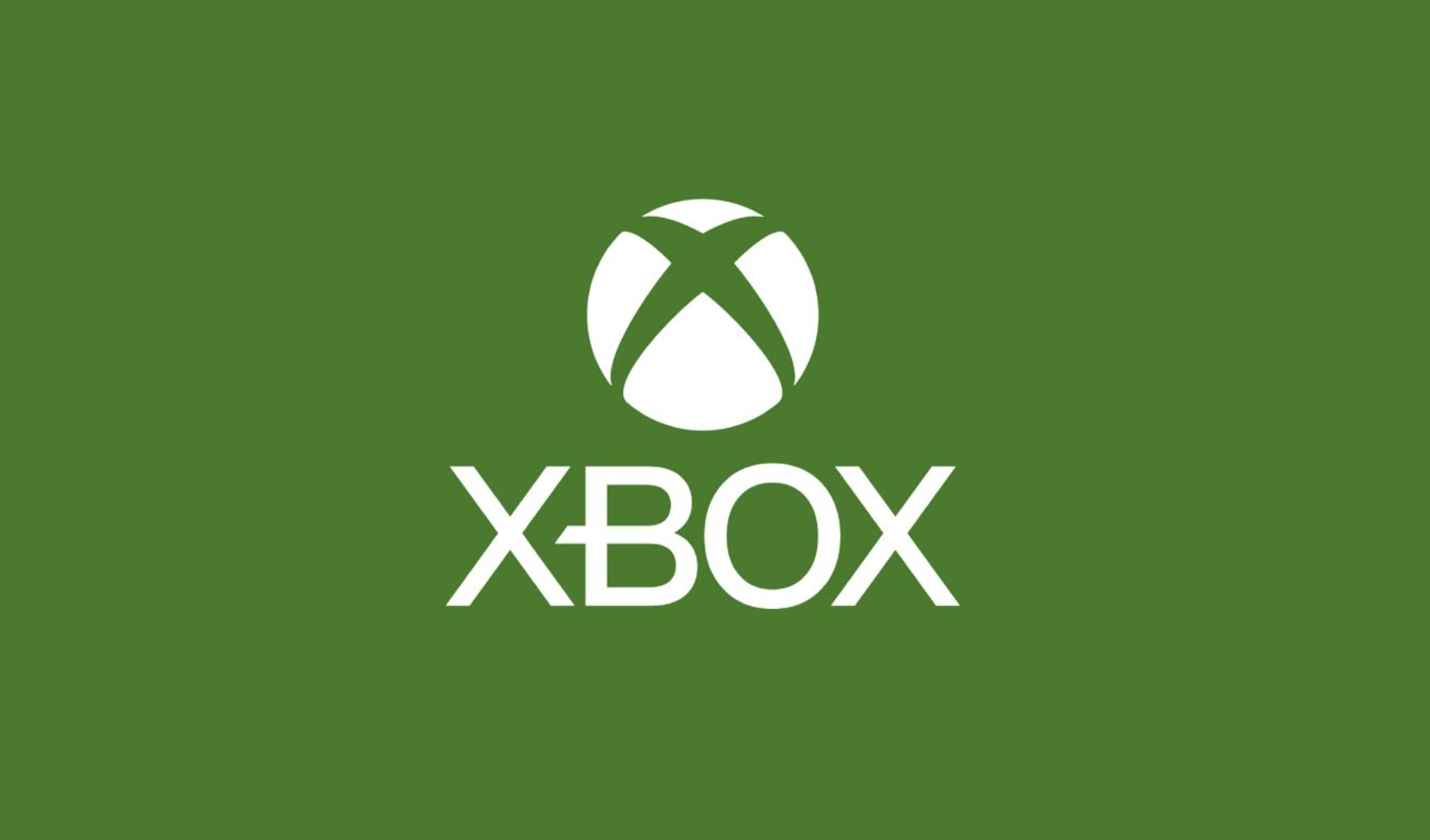Microsoft's AI-powered assistant, Copilot, is coming to LinkedIn. What does it do?
Beyond its current AI tools
2 min. read
Published on
Read our disclosure page to find out how can you help MSPoweruser sustain the editorial team Read more
Key notes
- Microsoft plans to bring Copilot to LinkedIn, according to an internal document.
- This move indicates more extensive AI developments beyond LinkedIn’s current tools.
- Microsoft’s AI investments are yielding strong results, with Q3 revenue reaching $61.9 billion.

Microsoft is betting big on artificial intelligence (AI). There’s no secret about that. Besides investing billions of dollars in OpenAI and some more in cloud & AI infrastructure in several countries, the Redmond tech giant has been pushing to make Copilot, its AI assistant tool, a universal experience in Windows 10 & 11.
But, according to an internal document verified by Business Insider, Copilot will soon come to LinkedIn, the Microsoft-owned professional social platform. While details remain unclear, the resources suggest more extensive developments beyond LinkedIn’s current AI tools, according to a source familiar with the plans.
LinkedIn, which joined Microsoft in 2016 after a $26.2 billion acquisition, currently has some AI features like a writing assistant and such, but it does not have any under any Copilot offering.
The Redmond tech giant arrived big last week at its annual Build conference. The company launched Copilot+ PCs, with some interesting, so-called-exclusive features like Recall. Formerly known as “AI Explorer,” the Recall feature lets you find everything you want on your desktop and it goes beyond searching for documents.
There are also new updates for the Phi-3 language model family: Phi Silica for Windows to run generative AI apps and Phi-3-vision, the family’s smaller sister that apparently runs better than its competitors in the same perimeter.
And it seems like Microsoft’s bet on AI is paying off. There’s a huge anticipation for AI this year, giving the tech giant a very strong Q3 result. Microsoft Q3 revenue hit $61.9 billion, up 17% year-over-year, and its cloud revenue surged 23% to $35.1 billion








User forum
0 messages